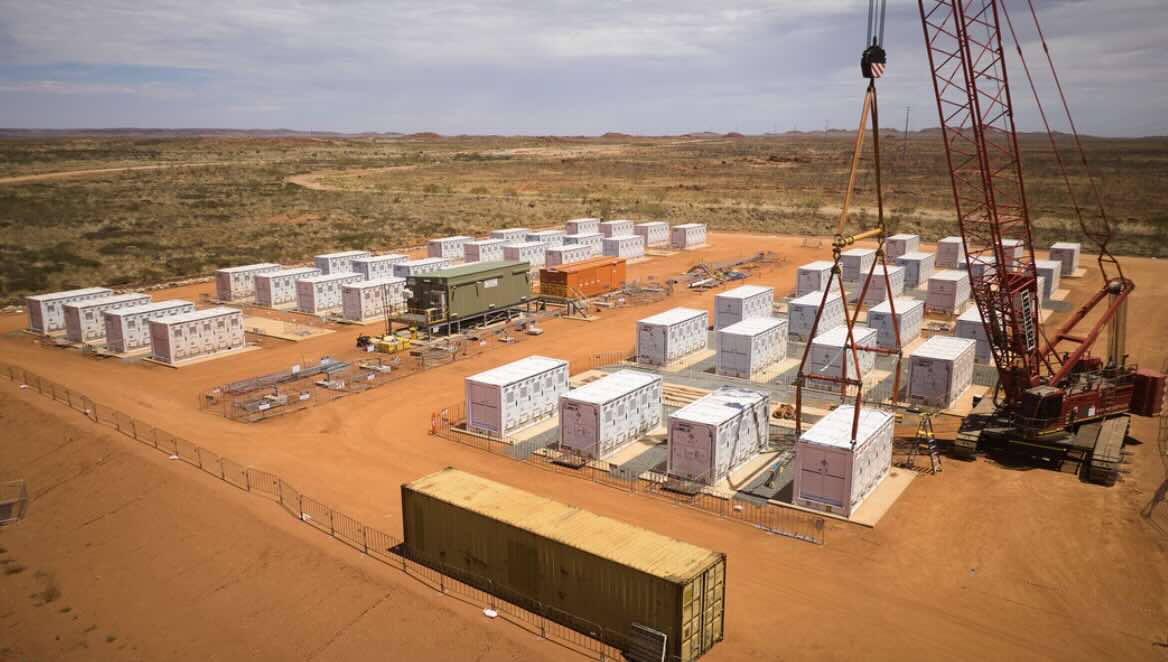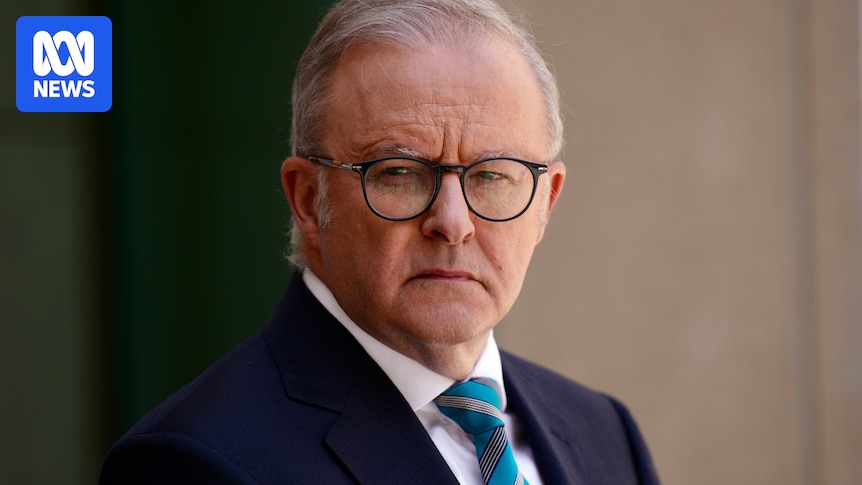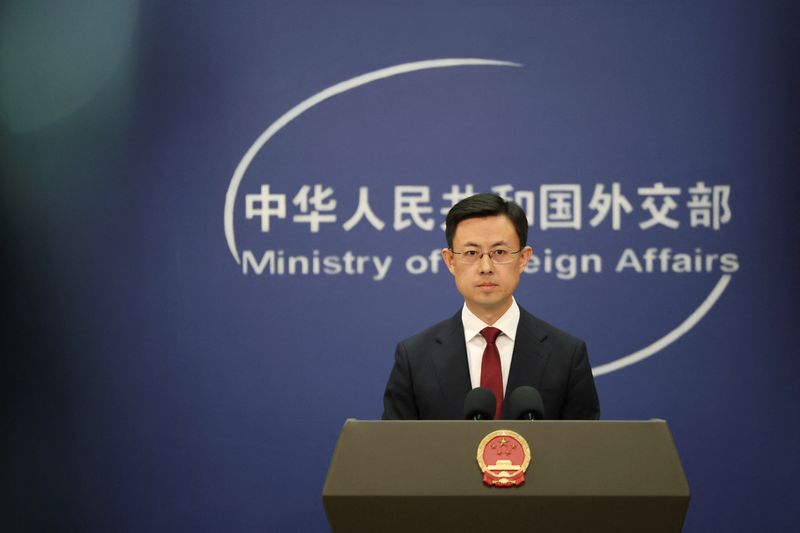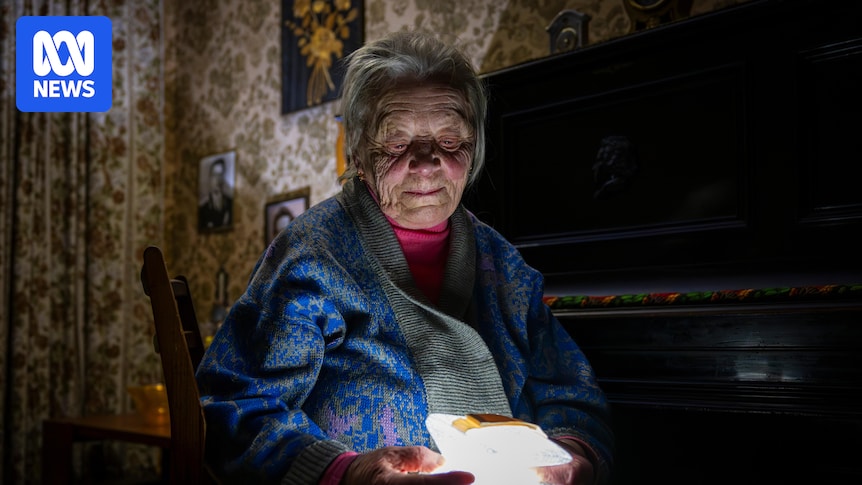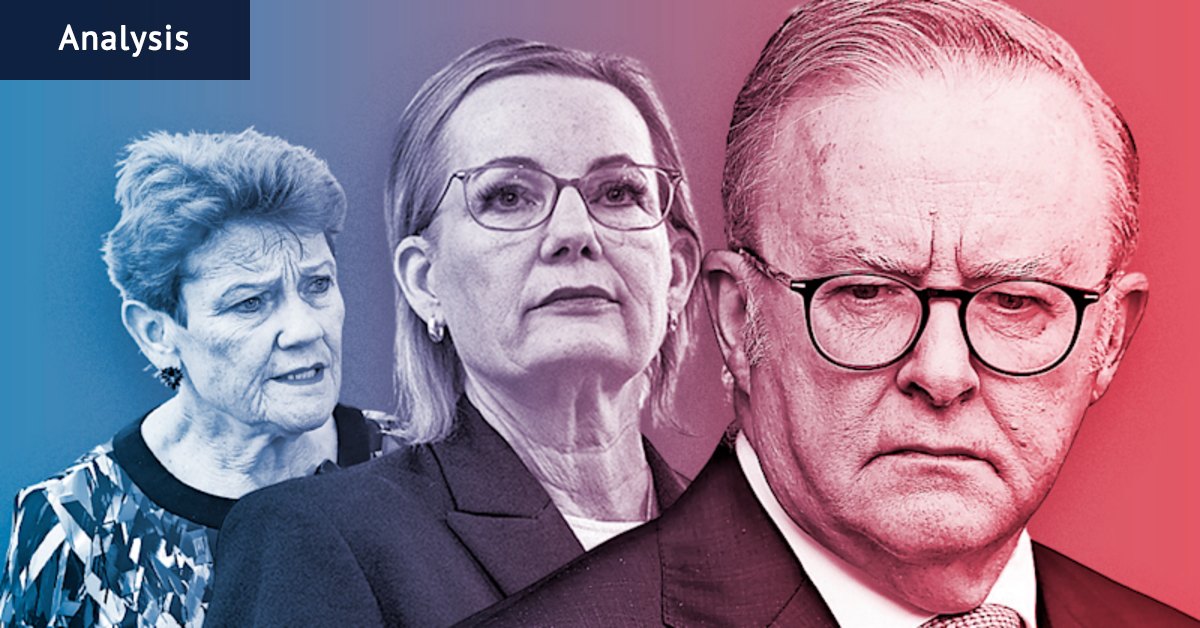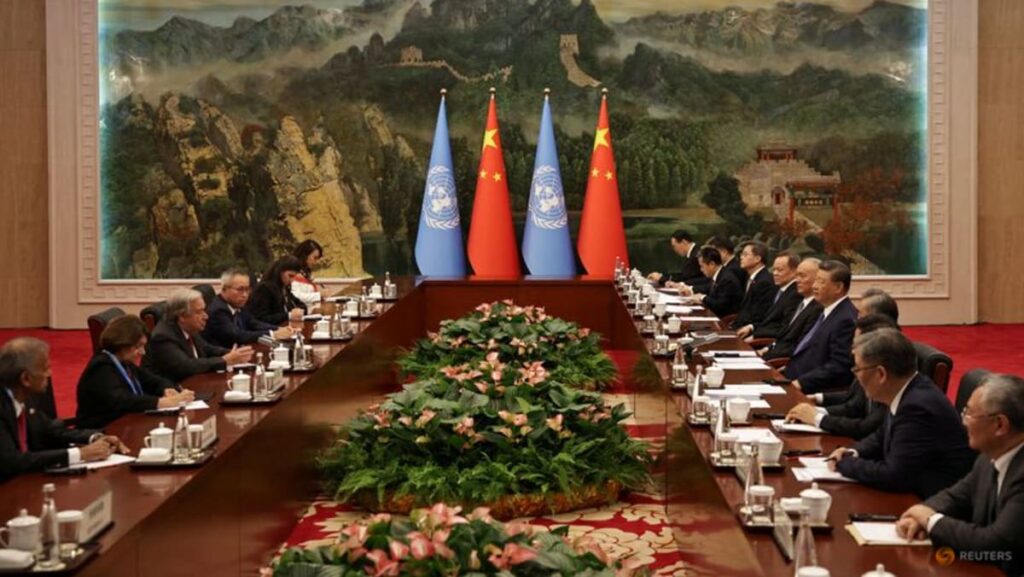
TIANJIN, China: Russian President Vladimir Putin is set to arrive in the northern Chinese city of Tianjin on Sunday, August 31, for a significant summit hosted by Chinese President Xi Jinping. The event will gather around 20 world leaders, marking a notable diplomatic engagement between China and Russia amid ongoing global tensions.
The Shanghai Cooperation Organisation (SCO) summit will take place in the bustling port city of Tianjin and is scheduled to conclude on Monday. The timing of the summit is strategic, occurring just days before a grand military parade in Beijing, which commemorates 80 years since the end of World War II.
The Role of the Shanghai Cooperation Organisation
The SCO, comprising member states such as China, India, Russia, Pakistan, Iran, Kazakhstan, Kyrgyzstan, Tajikistan, Uzbekistan, and Belarus, serves as a significant geopolitical platform. An additional 16 countries are affiliated as observers or “dialogue partners,” highlighting the organization’s expansive reach.
China and Russia have occasionally portrayed the SCO as a counterbalance to Western alliances like NATO. This narrative underscores the organization’s potential as a non-Western-led power bloc, promoting a new form of international relations.
Strategic Implications and Expert Insights
In an interview with China’s Xinhua news agency, President Putin emphasized the summit’s potential to enhance the SCO’s capacity to address contemporary challenges and threats. He stated,
“All this will help shape a fairer multipolar world order.”
This sentiment reflects the broader strategic ambitions of both China and Russia.
As tensions with the United States and Europe intensify, particularly over issues such as China’s claim over Taiwan and Russia’s actions in Ukraine, Beijing and Moscow are keen to leverage platforms like the SCO to expand their influence. According to Dylan Loh, an assistant professor at Singapore’s Nanyang Technological University,
“China has long sought to present the SCO as a non-Western-led power bloc that promotes a new type of international relations, which, it claims, is more democratic.”
Historical Context and Current Dynamics
The SCO’s emergence as a significant geopolitical entity can be traced back to its formation in 2001. Over the years, it has evolved from a regional security pact into a broader alliance addressing economic and cultural cooperation. This evolution mirrors the shifting dynamics of global power, where non-Western countries seek greater autonomy and influence.
The current summit in Tianjin underscores the organization’s growing importance. As the world grapples with issues such as climate change, cybersecurity, and economic instability, the SCO’s role in fostering dialogue and cooperation among its members becomes increasingly critical.
Looking Ahead: The Future of the SCO
The outcomes of the Tianjin summit could have far-reaching implications for global geopolitics. As China and Russia continue to deepen their strategic partnership, the SCO may emerge as a more assertive player on the world stage. This development could challenge existing power structures and prompt a reevaluation of international alliances.
Meanwhile, the upcoming military parade in Beijing serves as a reminder of the historical ties and shared interests that bind SCO member states. It also highlights the ongoing efforts by China and Russia to project strength and unity in the face of external pressures.
The Tianjin summit represents a pivotal moment for the SCO, offering a platform for member states to articulate their vision for a multipolar world order. As global tensions persist, the organization’s ability to navigate these challenges will be closely watched by international observers.

